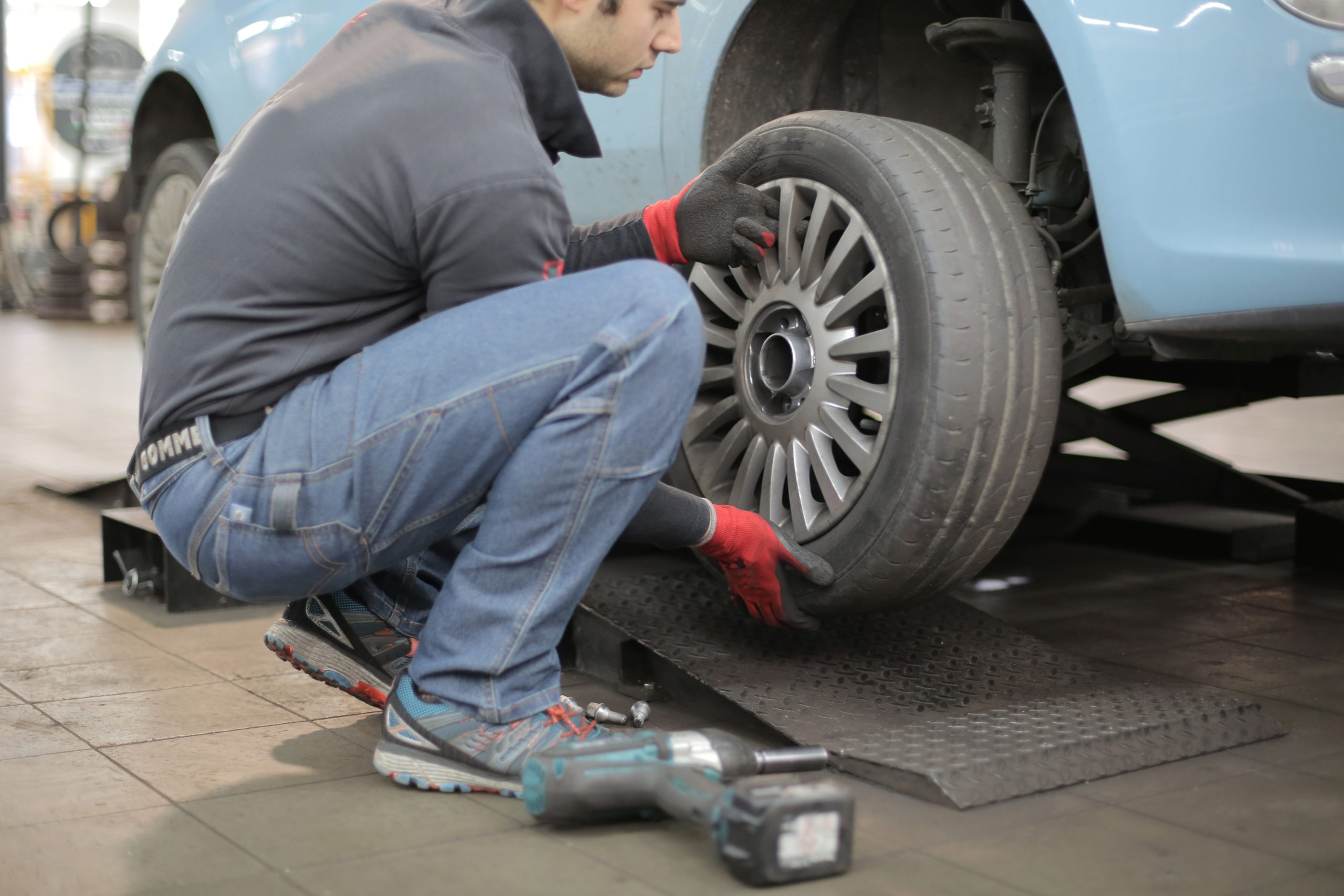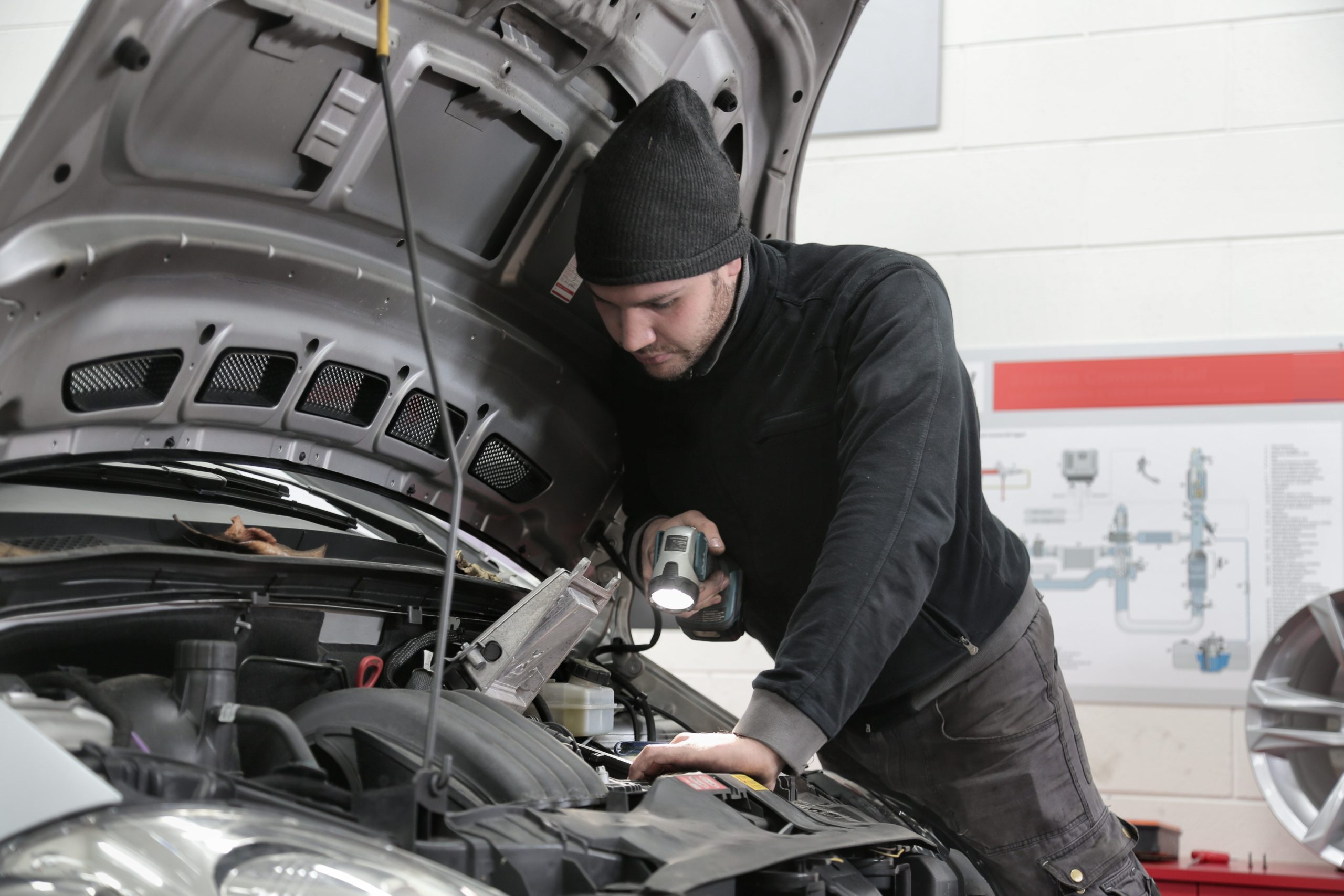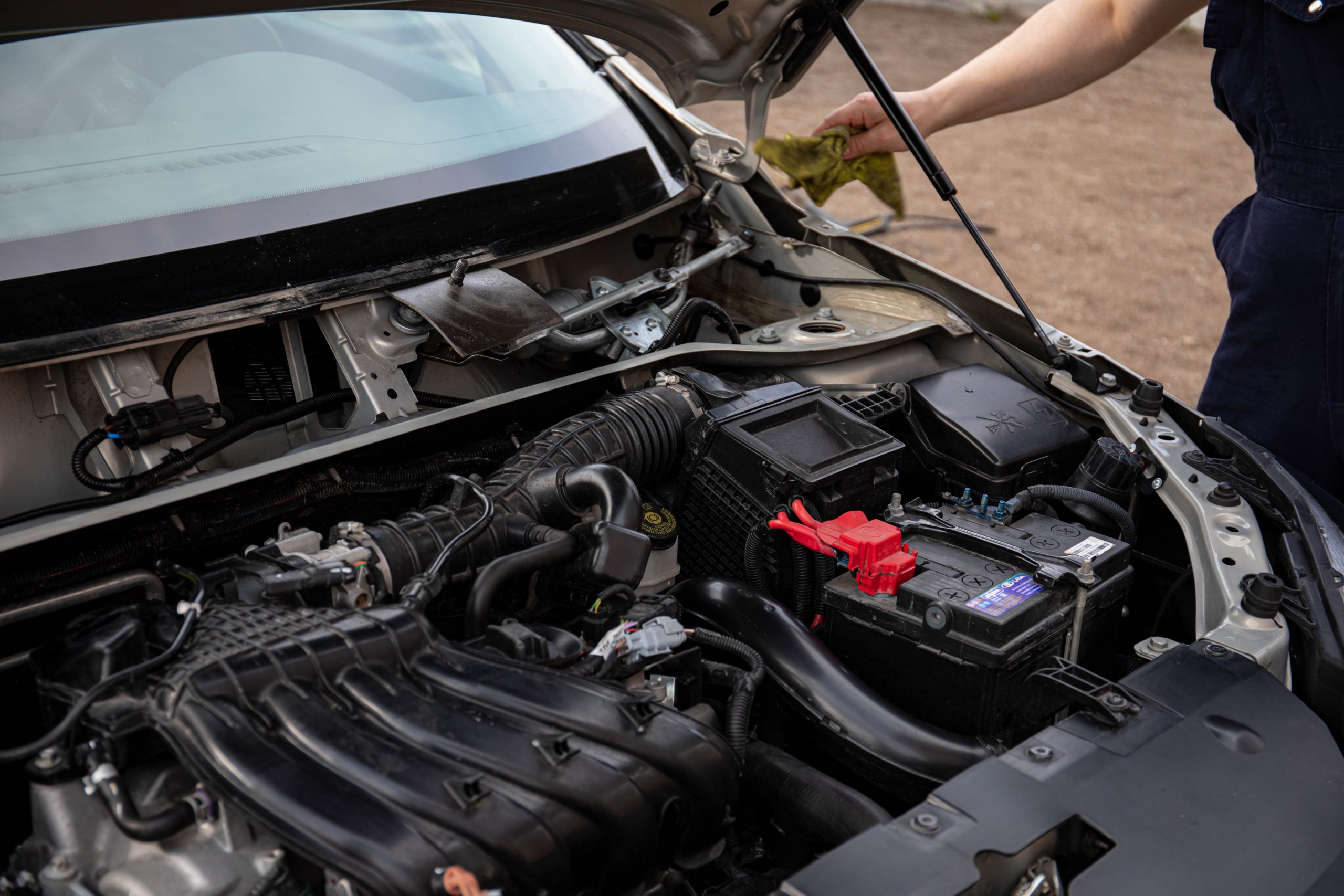How to Remove Rotten Egg Smell from Your Car
As a car owner, you may have experienced the unpleasant egg smell emanating from your vehicle. This can be quite discomforting, especially if you have passengers in the car. In this article, we will discuss some effective ways to get rid of the smell and leave your car smelling fresh and clean.
1. Understand the Cause of the Smell
Before attempting to remove the smell, it’s important to understand its cause. The rotten egg smell in your car is likely caused by a buildup of sulfur in the catalytic converter. This buildup can occur if the converter isn’t functioning properly or if you are using low-quality fuel.
2. Inspect the Catalytic Converter
Inspecting the catalytic converter is the first step in removing the rotten egg smell. Check for any cracks, leaks, or damage to the converter. If you notice any damage, it may be best to have it replaced by a professional.
3. Use a Fuel Additive
Using a fuel additive is an effective way to remove the sulfur buildup in the catalytic converter. Choose a high-quality fuel additive that is specifically designed to eliminate sulfur smells. Follow the instructions on the package for best results.
4. Change the Oil and Oil Filter
Changing the oil and oil filter can also help remove the rotten egg smell from your car. Old oil and a clogged oil filter can contribute to the buildup of sulfur in the catalytic converter. Make sure to use high-quality oil and a new oil filter for best results.
5. Clean the Interior
If the smell persists after addressing the catalytic converter and oil issues, it may be necessary to clean the interior of the car. Use a carpet cleaner to remove any stains or spills that may be causing the smell. You can also use an odor eliminator spray to get rid of any lingering odors.
6. Check the Air Conditioning System
The air conditioning system in your car can also contribute to the smell. Check the air filter and replace it if necessary. You can also use an air freshener to help eliminate any remaining odors.
7. Park in a Well-Ventilated Area
Parking your car in a well-ventilated area can also help remove the smell. Open the windows or doors to allow fresh air to circulate through the car. You can also park your car outside and allow it to air out for a few hours.
8. Professional Cleaning
If none of the above methods work, it may be necessary to seek professional cleaning services. A professional car detailer can deep clean your car and eliminate any remaining odors.
Other Car Smells That Could Mean Trouble
As a car owner, you are probably aware of the common car smells such as gasoline, oil, and burnt rubber. These smells can be attributed to normal car operations. However, some smells can indicate serious issues with your car. In this article, we will discuss other car smells that could mean trouble and what they could potentially signify.
The Smell of Burning Carpet
If you smell burning carpet in your car, it could be an indication of issues with your brakes. When your brakes overheat, the brake pads and shoes can emit a burning smell, which can be similar to that of burning carpet. If this smell persists, it is advisable to take your car to a professional mechanic for inspection and repair.
The Smell of Burning Oil
If you smell burning oil in your car, it could indicate a leaking oil gasket. The gasket seals the engine and prevents oil from leaking out. If the gasket is damaged, oil can leak onto the hot engine, causing a burning smell. Ignoring this issue could lead to engine damage and ultimately engine failure. It is advisable to take your car to a professional mechanic for repair.
The Smell of Sweet Syrup
If you smell sweet syrup in your car, it could be due to a coolant leak. Coolant is responsible for keeping your engine from overheating. If there is a leak in the coolant system, it can emit a sweet syrup smell. Ignoring this issue could lead to overheating and engine damage. It is advisable to take your car to a professional mechanic for repair.
The Smell of Mold or Mildew
If you smell mold or mildew in your car, it could indicate a problem with the air conditioning system. When the air conditioning system is not used for an extended period, moisture can build up in the system, leading to mold and mildew growth. This can lead to health problems and bad odor. It is advisable to take your car to a professional mechanic for cleaning and repair.
The Smell of Gasoline
If you smell gasoline in your car, it could be due to a gas leak. Gas leaks are serious and can be a fire hazard. If you smell gasoline, it is crucial to have your car inspected by a professional mechanic immediately.
The Smell of Burnt Transmission Fluid
If you smell burnt transmission fluid in your car, it could indicate a transmission problem. The transmission fluid is responsible for lubricating and cooling the transmission. If the fluid is burnt, it can cause damage to the transmission, leading to costly repairs. It is advisable to have your car inspected by a professional mechanic immediately.
The Smell of Burning Plastic
If you smell burning plastic in your car, it could be due to an electrical issue. Electrical issues can cause wires to overheat and melt, emitting a burning plastic smell. Ignoring this issue could lead to a fire hazard. It is crucial to have your car inspected by a professional mechanic immediately.
The Smell of Burnt Carpet
If you smell burnt carpet in your car, it could be due to a clutch issue. When a clutch is slipping, it can cause friction, leading to a burning smell. If this smell persists, it is crucial to have your car inspected by a professional mechanic immediately.
The Smell of Sulfur
If you smell sulfur in your car, it could be due to issues with the battery or the charging system. A faulty battery or charging system can cause an excess of sulfuric acid, leading to a sulfur smell. If you suspect an issue with your battery or charging system, it is advisable to take your car to a professional mechanic for inspection and repair.
The Smell of Burnt Rubber
If you smell burnt rubber in your car, it could be due to an issue with the drive belts or hoses. The drive belts and hoses are responsible for powering various components of your car. When they become damaged or worn out, they can emit a burning rubber smell. Ignoring this issue could lead to component failure and costly repairs. It is crucial to have your car inspected by a professional mechanic immediately.
The Smell of Exhaust Fumes
If you smell exhaust fumes in your car, it could be due to an issue with the exhaust system. The exhaust system is responsible for removing harmful gases from the engine. A leak or damage to the system can cause exhaust fumes to enter the car, leading to health problems. It is crucial to have your car inspected by a professional mechanic immediately.
The Smell of Acrid or Burning Rubber
If you smell an acrid or burning rubber smell in your car, it could be due to a malfunctioning drive axle or CV joint. The drive axle and CV joint are responsible for transferring power from the transmission to the wheels. When they become damaged or worn out, they can emit an acrid or burning rubber smell. Ignoring this issue could lead to component failure and costly repairs. It is crucial to have your car inspected by a professional mechanic immediately.
The Smell of Hot Metal
If you smell hot metal in your car, it could be due to an issue with the brakes. When the brakes overheat, they can emit a hot metal smell. This can be a sign of brake pad or rotor damage, which can lead to brake failure if left unaddressed. It is crucial to have your car inspected by a professional mechanic immediately.
The Smell of Burning Electrical Components
If you smell burning electrical components in your car, it could be due to a faulty alternator or battery. A faulty alternator or battery can cause electrical components to overheat, leading to a burning smell. Ignoring this issue could lead to component failure and costly repairs. It is crucial to have your car inspected by a professional mechanic immediately.
Conclusion
Getting rid of the rotten egg smell from your car can be a frustrating and unpleasant experience. However, by following these simple steps, you can eliminate the odor and leave your car smelling fresh and clean. Remember to check the catalytic converter, use a fuel additive, change the oil and oil filter, clean the interior, check the air conditioning system, park in a well-ventilated area, and seek professional cleaning if necessary.




